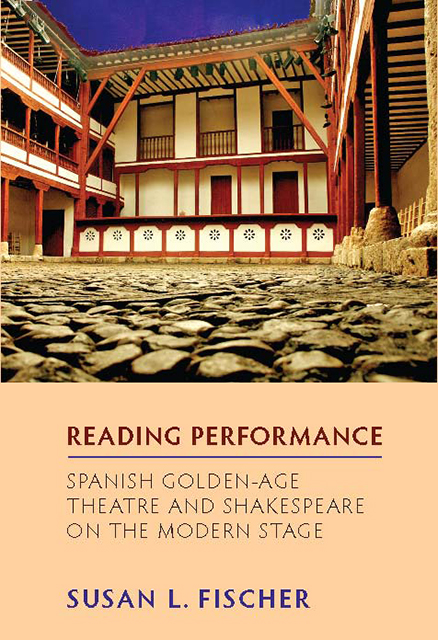11 - Lope and the problem of an ending Peribanez (Peribáñez y el comendador de Ocaña)
Published online by Cambridge University Press: 28 February 2023
Summary
In The Genius of Shakespeare, Jonathan Bate asks us to contemplate the existence of an “alternative universe” in which the Counter-Reformation had stamped out Protestantism or the Spanish Armada had succeeded in 1588; in short, where Spain had triumphed over England and not gone into decline in the late seventeenth century. There is no doubt in his mind that Shakespeare would have met his match in that “monster of nature,” Lope de Vega, alternatively dubbed “the Mozart of literature” (337–38). Not insignificantly, the final paragraph of Bate's book is as much a tribute to Lope as it is to Shakespeare:
Picture an alternative world in which Spain triumphed over England. Lope would then have triumphed over Shakespeare and I would be writing a book called The Genius of Vega. What do we learn from our picture? That the apotheosis of Shakespeare was and was not a matter of historical contingency. It was a contingency insofar as it happened to be Shakespeare, not Lope. But it was a necessity because the chosen one had to be a particular kind of genius and could therefore only have been Lope or Shakespeare. (340)
Since, in recent years, Spanish Golden Age plays in translation have begun to receive their due on the British stage, it is hardly surprising that comedias by Lope, some with a more ubiquitous stage history than others, figure among them. In the past decade, Peribáñez y el comendador de Ocaña (1604–08), a tragicomedy that has not enjoyed great prominence even on the Spanish stage, was not only produced once in Spain (2002) but also translated and mounted twice in England (1998, 2002) and once in France (2006). In 1997, the Marlowe Society staged Nick Drake's variable octosyllabic line translation of the play at the Arts Theatre in Cambridge, under the direction of Dominic Dromgoole. In 2003, Rufus Norris directed Tanya Ronder's prose translation and adaptation with the Young Vic Theatre Company in London. In 2002 José Luis Alonso de Santos, artistic director of the Compañía Nacional de Teatro Clásico, mounted José María Díez Borque's updated version of the Lope text at the twenty-fifth Festival Internacional de Teatro Clásico in Almagro, before it transferred to Madrid.
- Type
- Chapter
- Information
- Publisher: Boydell & BrewerPrint publication year: 2009



